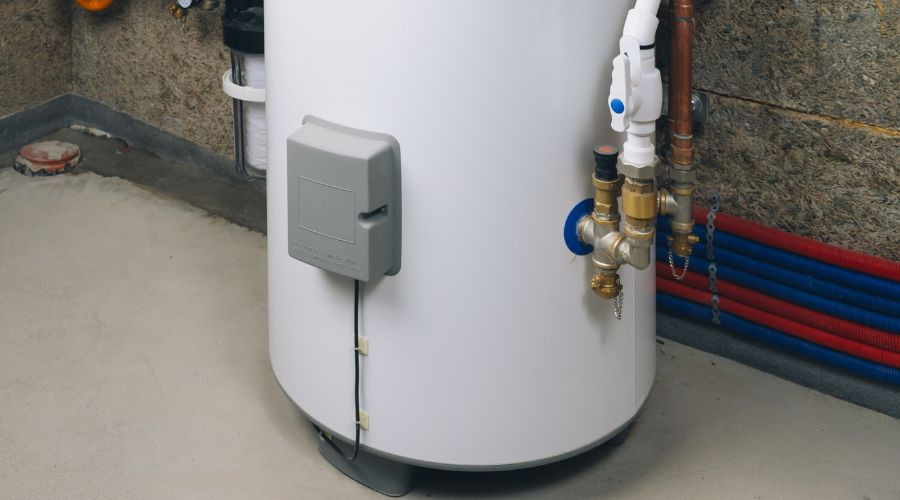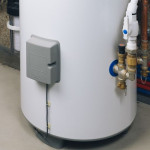Pros and Cons of Different Water Heaters
Selecting the right water heater can seem challenging, especially when the goal is to save on utility bills and maximize efficiency. This guide breaks down the key differences between a gas water heater and an electric water heater, as well as important factors to consider when choosing the best option for your home or business.
Gas Water Heater
 A gas water heater offers fast heating and lower monthly operating costs. Gas units can heat a full tank quicker than electric models, making them effective for homes with high hot water demands. This ensures access to hot water even during periods of heavy usage.
A gas water heater offers fast heating and lower monthly operating costs. Gas units can heat a full tank quicker than electric models, making them effective for homes with high hot water demands. This ensures access to hot water even during periods of heavy usage.
However, gas water heater installation involves extra safety precautions. The combustion process generates carbon monoxide, and proper ventilation is required to keep indoor air safe. There is also a risk of gas leaks, which can introduce potential fire or explosion hazards if not properly maintained.
Gas water heater installations can also be more complicated. These setups require gas line connections and an exhaust venting system, unlike electric models that simply connect to existing electrical wiring. For homes without natural gas service, adding the necessary infrastructure can become expensive, sometimes offsetting future energy savings.
Electric Water Heater
 An electric water heater is a common choice in many homes due to its ease of installation and strong safety profile. Electric models do not need a venting system or gas line, which makes installation more affordable and straightforward. Their initial costs are often less than those for gas units.
An electric water heater is a common choice in many homes due to its ease of installation and strong safety profile. Electric models do not need a venting system or gas line, which makes installation more affordable and straightforward. Their initial costs are often less than those for gas units.
There are significant safety advantages to electric water heaters; electric models eliminate dangers associated with gas leaks, carbon monoxide, and combustion accidents. These water heaters operate quietly and do not emit harmful gases indoors.
There are trade-offs, however. Operating costs for an electric water heater can be two to three times higher than for a comparable gas water heater because electricity is typically more expensive. Additionally, in the event of a power outage, electric heaters cease to function completely, whereas some gas units with pilot lights continue to deliver hot water. For homes in areas frequently affected by power disruption, this may present a challenge. Evaluating local energy costs and the risk of power interruptions is essential when considering an electric heater for reliable hot water.
Factors to Consider Before Installation
For locations with frequent power outages, a gas-powered system offers reliable hot water even when the grid is down. Since a gas model can operate without electricity, it remains functional during storms or power outages. However, installation costs are higher in homes lacking natural gas infrastructure.
An electric water heater is often preferred by those seeking minimal risk of combustion, carbon monoxide, or gas leaks. Electric models eliminate the hazards associated with gas operation, thereby reducing the risk of accidental fires or hazardous emissions. In comparison, gas water heater systems demand regular maintenance and a well-ventilated space to ensure safe operation.
Existing home utilities play a big role in the selection process. Properties without gas service often favor electric units due to their cost-effective and straightforward installation. When a home already has gas lines, a gas water heater often delivers better operating efficiency. It's also important to check electrical panel capacity, particularly in older homes.
By weighing the benefits of each type of water heater against safety, efficiency, and costs, it becomes possible to make an informed decision for the next water heater installation or replacement—ensuring dependable hot water throughout all seasons.
About Force Plumbing and Heating LLC
Force Plumbing and Heating LLC is a family-owned and operated company specializing in plumbing and heating in Red Bank and adjacent areas. They promise on-time arrivals from their friendly, helpful technicians, with a 100% customer satisfaction guarantee. Call now for water heaters repair and install in Red Bank, NJ.











